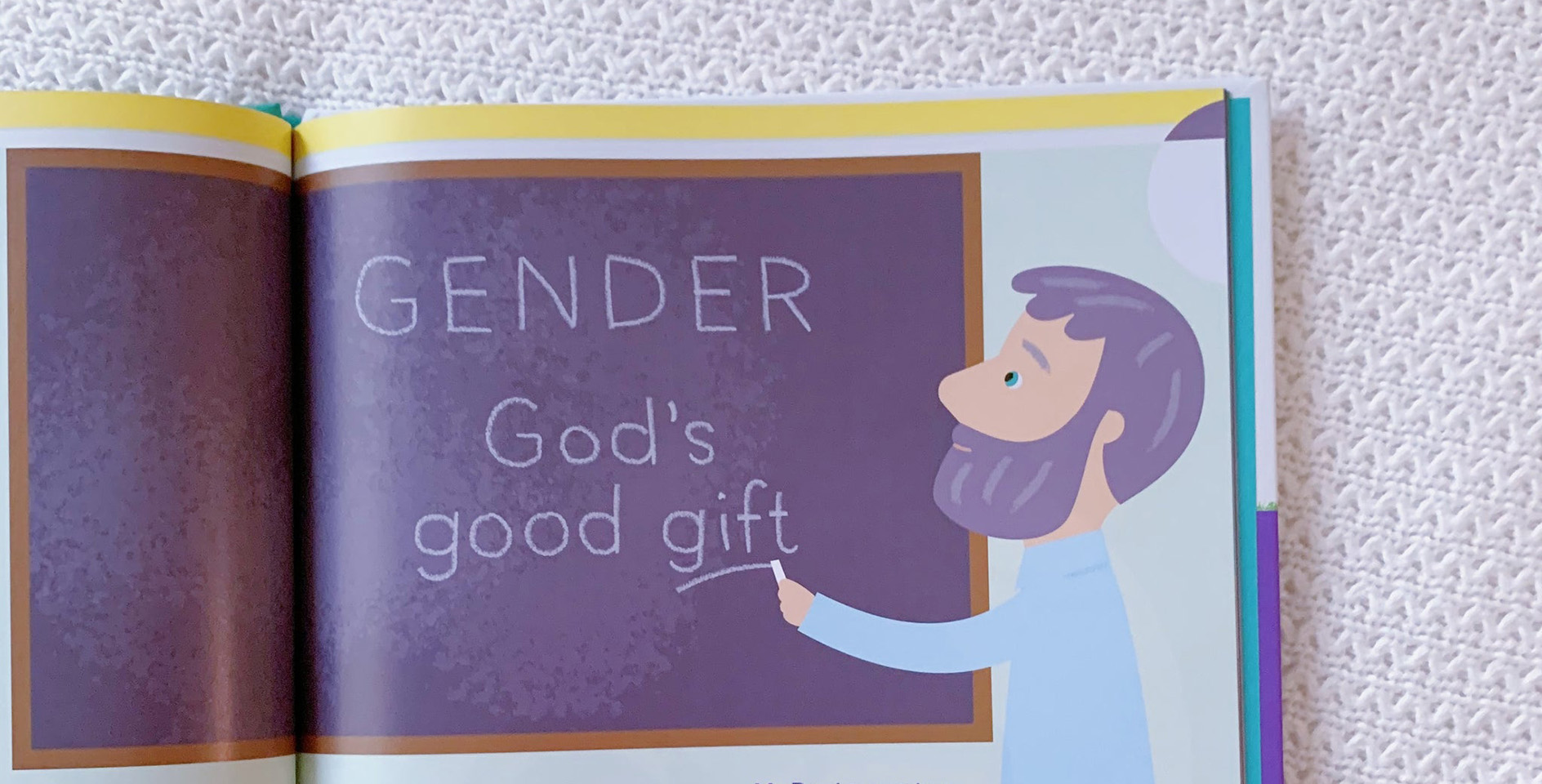
NOTE: Jennifer A. Marshall will be one of the speakers at the ERLC National Conference: “The Gospel, Homosexuality, and the Future of Marriage.” The conference is designed to equip Christians to apply the gospel on these issues with convictional kindness in their communities, their families and their churches. This event will be held at the iconic Opryland Hotel on October 27-29, 2014. To learn more go here.
Alongside The Atlantic magazine’s November 2011 cover story, “All the Single Ladies,” ran a photograph of its then 39-year-old author. In a fawn-colored silk dress and up-do, Kate Bolick contemplatively sips champagne as a bridal bouquet flies over her head.
Like many of her never-married peers, she’s scrupulously ignoring the traditional toss. Indeed, as the age of first marriage climbs higher, more single wedding-goers are evading the bouquet, having years ago disproved the catch confirms the next bride-to-be.
The ritual is yet another reminder of an unrealized longing for marriage.
Bolick, however, is not just escaping the reminder — she’s turning her back to it. It’s time, her piece argues, “to acknowledge the end of ‘traditional’ marriage as society’s highest ideal.”
But should we give up on an ideal just because it hasn’t worked out for us personally?
Bolick writes that she aspired to wed, though she “spent her early 30s actively putting off marriage” and is now ambivalent about having children.
The quest for independence is no doubt a product of the prevailing feminist winds that carried along today’s 30-somethings as we grew up amid “The Girl Project.”
That’s the moniker Barbara Dafoe Whitehead has given the “you-go-girl” era ushered in by the 1972 signing of Title IX, the federal law mandating gender equity in education.
By 1982 in the United States, women had outstripped men in the number of bachelor’s degrees earned each year; by 1986 the same was true for master’s degrees.
While women have advanced, Bolick argues, men have declined. Outpacing their male counterparts in various education and employment indicators leaves women with fewer “marriageable” men, as they are traditionally defined: men with better education and better jobs. This “new scarcity,” she writes, “disrupts what economists call the ‘marriage market.’ ”
If we’re concerned about the dip in the marriage market, we should be concerned about government policies that pick winners and losers.
Official favoritism for females has taken its toll. In May 2000, the very same Atlantic ran a cover story titled “The War Against Boys.” “It’s a bad time to be a boy in America,” wrote author Christina Hoff Sommers.
That girls languished was a myth. To the contrary, Sommers’ research showed girls outnumbering boys in student government, study abroad, honor societies, school newspapers and debate clubs.
Even so, teachers and other observers tended “to reflexively dismiss any challenge to the myth, or any evidence pointing to the very real crisis among boys.”
If you take “The Girl Project,” add “The War Against Boys,” and mix in some sexual revolution (“Dan Quayle Was Right,” after all, per The Atlantic’s April ’93 cover story), is it any surprise you’re left with “All the Single Ladies?”
Our feminist forebears were frustrated by barriers to fulfilling work. Today, we’re frustrated by obstacles to lasting love.
For too long, the dominant framework of male-female relations has been that storied battle between the sexes. Antagonism expressed in power struggle is the default perspective.
Which brings us back to our views of marriage. Is marriage an ideal because the majority, the powerful or forces such as evolution or economics made it so? Or is marriage an ideal because it is rooted, timelessly, in the universal nature of man and woman?
Many marriage-minded women struggle with the unexpected in-between of today’s prolonged singleness. That includes Bolick: “If I stopped seeing my present life as provisional,” she writes, “perhaps I’d be a little … happier.”
Bolick seems to have resolved her sense of being betwixt-and-between by demoting marriage. But must we abandon our unique esteem and deep desire for marriage to find fulfillment today without it?
We need to restore cultural respect for the marriage ideal. In the meantime, the marriage aspiration is alive and well.
Far from giving up on marriage, the single ladies — a la Beyonce — are looking for a man to “put a ring on it.”
This commentary was originally published by McClatchy-Tribune Information Services.









